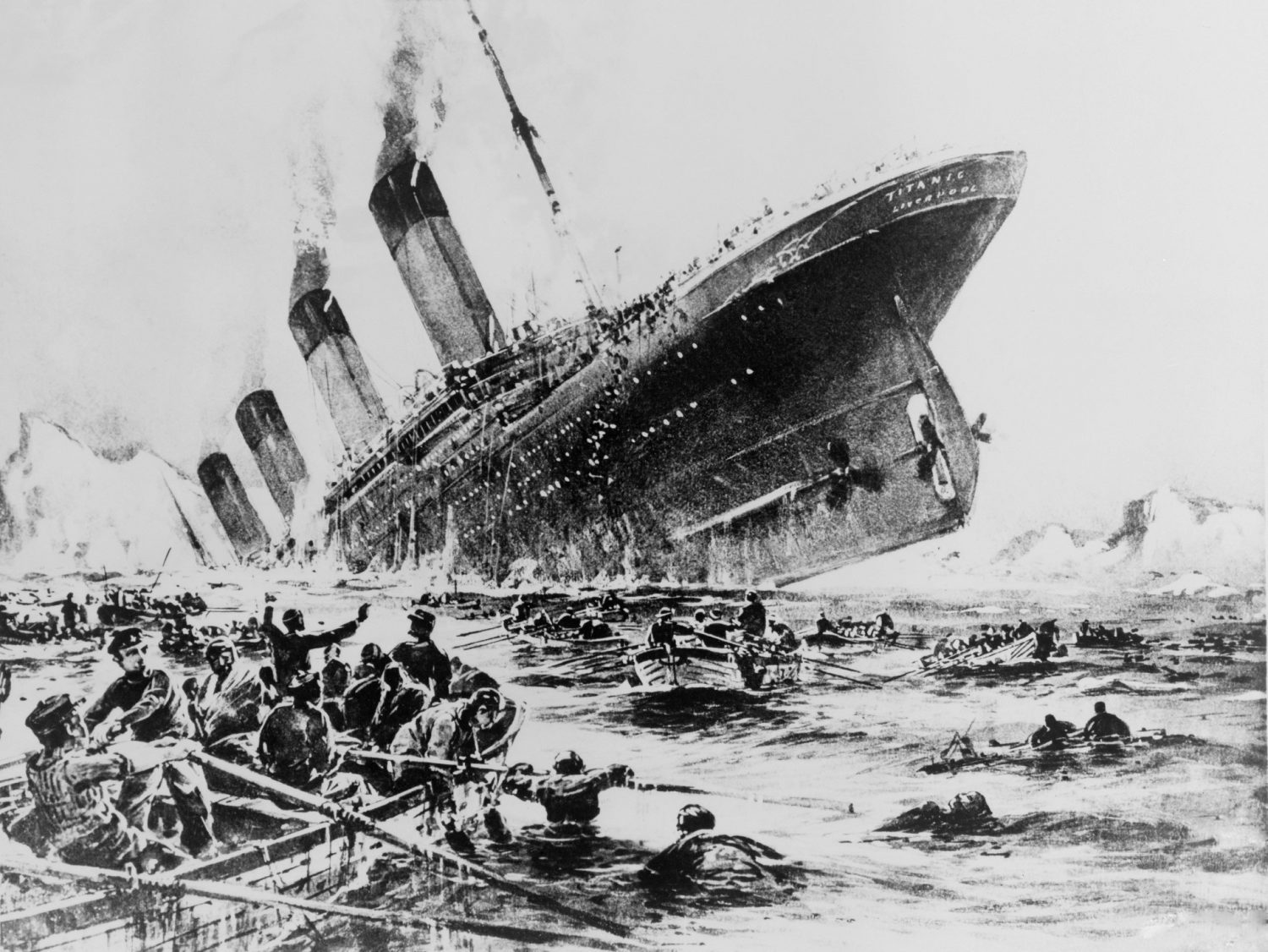The sinking of the RMS Titanic on April 15, 1912, remains one of the most infamous disasters in modern history. The ship, which was considered unsinkable due to its advanced design and construction, struck an iceberg during its maiden voyage and ultimately went down, resulting in the deaths of over 1,500 passengers and crew.
There are a number of factors that contributed to the Titanic's failure, including both human and technical errors. One of the main causes of the disaster was the fact that the ship was traveling at an excessive speed, particularly given the known presence of icebergs in the area. The captain, Edward J. Smith, was reportedly under pressure to maintain a high speed in order to arrive in New York on schedule, and it is thought that this may have played a role in the decision to continue at full speed despite the risks.
Another factor that contributed to the disaster was the lack of sufficient lifeboats on the ship. The Titanic was designed to carry a maximum of 64 lifeboats, but only 20 were actually on board at the time of the sinking. This was due in part to the belief that the ship was unsinkable, and that lifeboats were therefore unnecessary. As a result, when the ship began to sink, there were not enough lifeboats to go around, leading to a tragic loss of life.
In addition to these factors, there were also a number of technical failures that contributed to the disaster. For example, the ship's watertight compartments were not adequately sealed, allowing water to enter the ship and flood the lower decks. There were also issues with the ship's communication systems, which hindered the crew's ability to accurately assess the situation and respond appropriately.
Overall, the sinking of the Titanic was a tragic and devastating event that was the result of a combination of human error and technical failures. While it is impossible to know exactly what would have happened if different decisions had been made or different safeguards had been in place, it is clear that a combination of factors contributed to the disaster and that steps could have been taken to prevent it.






